Will 2023 be the Year of the Self-Published Author?
Self-publishing has come a long way since its inception in 2007, or even when Ginger and I started with it a few years after that. The stigma of being self-published was thick back then, and while it hasn’t disappeared completely, there are signs that self-published authors and their books are finally starting to earn the same visibility and recognition as traditionally published titles. With more and more self-published authors earning a substantial income, it’s clear that the grip of traditional publishers on the industry is slipping.
This disruption has opened up a world of opportunities for independent authors, and has led Ginger to question whether 2023 will finally be the year of the self-published author. Whether it is or not, one thing is clear:
We’re not slowing down and there is still plenty of room for us to grow.
There’s no question that the invention of self-publishing has changed the publishing industry forever – or how amazing it is that it all happened in barely more than a decade. It was just 2007 when Amazon first launched Kindle Direct Publishing and allowed authors to publish their eBooks on the first and still most-influential online bookstore – and now it’s a $1.25 billion dollar industry that sees Amazon pay out more than $520 million directly to self-published authors rather than traditional publishing houses.
But until now, there’s always been a stigma about self-publishing. Despite global phenomena’s like The Martian by Andy Weir and Fifty Shades of Grey by E.L. James initially finding their way into bookstores as self-published titles, the highest accolades and greatest respect given to authors and their books has traditionally been reserved for those published by “The Big Five” houses – HarperCollins, Penguin Random House, Hachette Livre, Macmillan, and Simon & Schuster.
But I suspect that 2023 is the year in which that finally changes – and it’s because self-published books are now earning the kind of visibility normally reserved for tradpub titles.
The inclusion of Mark Dawson’s self-published The House in the Woods in this summer’s Richard & Judy Book Club was something we wrote about last week. Recognized as the “Oprah’s Book Club” of the UK, the Richard & Judy Book Club has generally only featured titles published by The Big Five publishers, and has often been acknowledged as a “kingmaker” for sending those titles skyrocketing into the bestseller lists in the UK.
But now a self-published author has had the audacity to join them!
First published in 2020, The House in the Woods is the first in a mystery and crime series by self-publishing phenomenon Mark Dawson, who has already seen his John Milton and Beatrix Rose series sell more than 4 million copies worldwide. By including his book among other more mainstream titles (and we’re talking really mainstream here – such as With a Mind to Kill, the last James Bond book by Anthony Horowitz, published by HarperCollins) it’s finally clear that consumers and readers are either willing to overlook the stigma of titles being self-published, or find them edited and marketed to such a high level of quality that there’s no longer any specific distinction between them and traditionally published books.
Speaking of James Bond, though, we also recently wrote about how the Estate of Ian Fleming had quietly decided to enter the realm of self-publishing themselves last year – creating Ian Fleming Publications to print all of Ian Fleming’s original books. I mentioned the opportunities this presented in that post, and apparently Ian Fleming’s family hadn’t been blind to the potential of their new brand, either.
This month, to coincide with the coronation of King Charles III, a brand-new James Bond novel called On His Majesty’s Secret Service was published by Ian Fleming Publications. Written by veteran Bond author Charlie Higson, it was conceived and published within a 2-month window – something only possible with the agility of self-publishing – and it quickly rocketed to #6 in the British bestseller ranks.
The fact that Ian Fleming Publications was able to pull off that achievement is a testament to how the modern publishing industry is now growing increasingly dominated by self-published and independently-published authors – and how the grip The Big Five used to have on publishing is slipping.
And the best part is how all of this benefits self-published authors – the very same authors who’ve often been rejected by The Big Five. Today, 30-34% of all ebooks sold are self-published, and 85% of the lucrative Kindle Unlimited market are published by an individual author through Kindle Direct Publishing. This is a trend that continues to grow – giving more and more authors the opportunity to earn money from the books they’ve poured their heart into writing.
Likewise, their earnings continue to grow. In a survey commissioned by the Alliance of Independent Authors (ALLi) in the UK, the average income for self-published authors has risen 53% since 2021, and averages $12,749 a year – which is now more than the median average income of traditionally published authors! No wonder more and more authors (and, in the case of Ian Fleming, the estate of authors) are turning to self-publishing for their books.
If the earnings of self-published authors can increase by more than 50% in just one year, who knows where this industry disruption will lead – only that I believe 2023 will be the year in which the whole world acknowledges that the golden age of the independent author is now upon us – and that this year’s success is just the beginning.


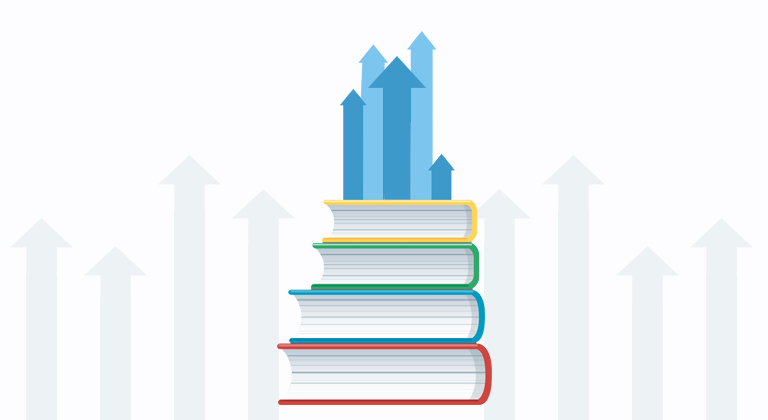


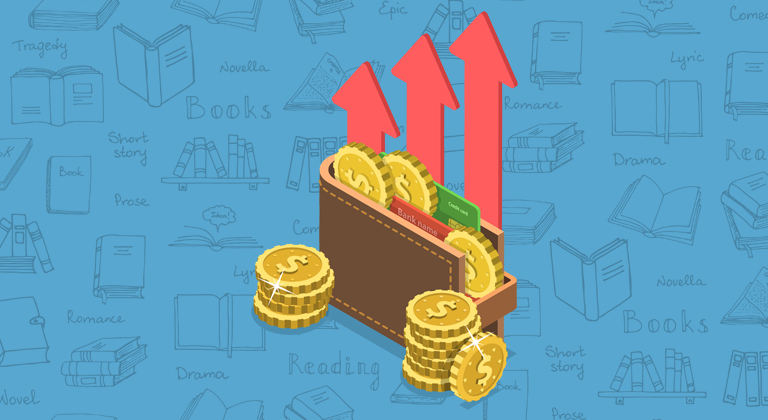


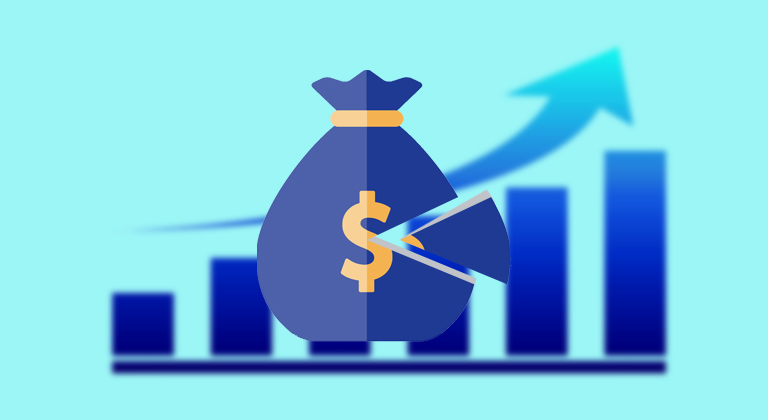
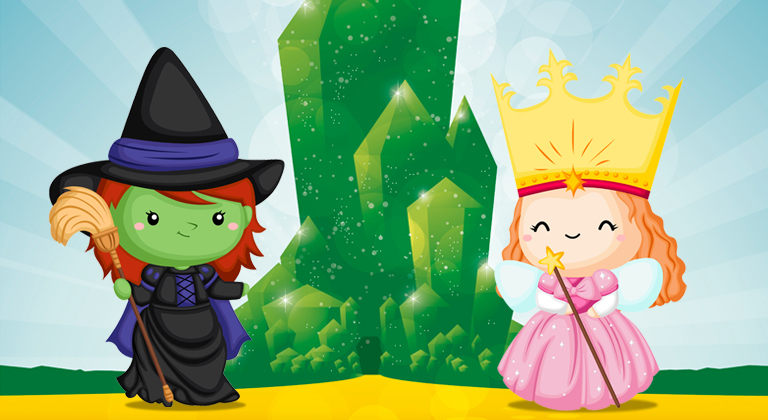
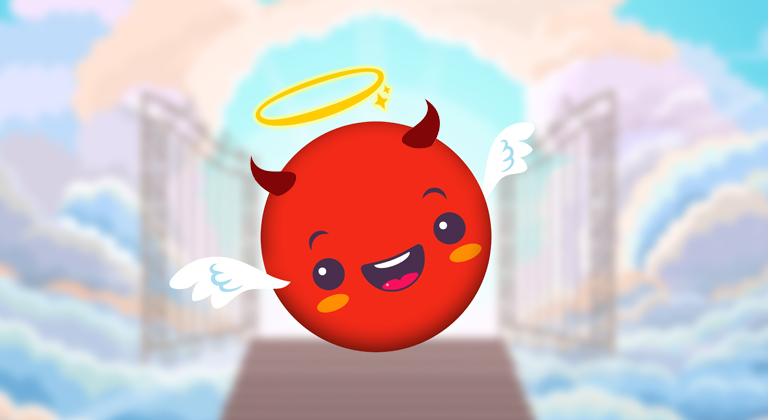
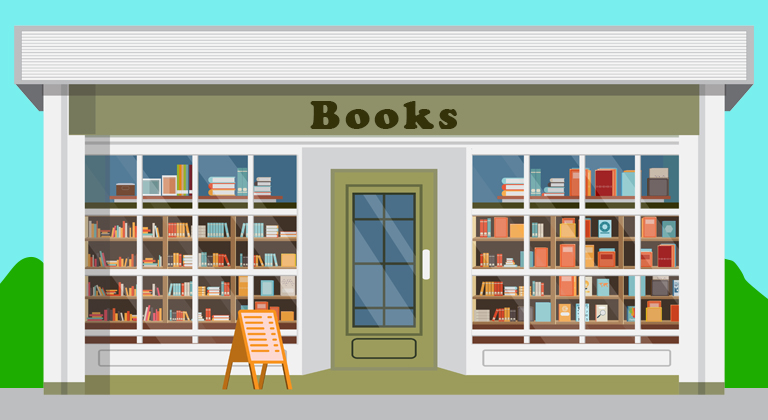
Great post but the date self-publishing started was 1979, when desktop publishing was invented. Therefore, it became more mainstream. Technically, self-publishing has always existed, but with the invention of desktop publishing, everyday people had access to printing books and selling them direct.
In 2007, was when Amazon created Kindle Direct Publishing, allowing anyone to sell ebooks on their platform. Therefore, self-publishing as we know it today, was created.